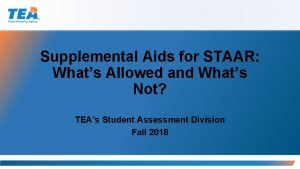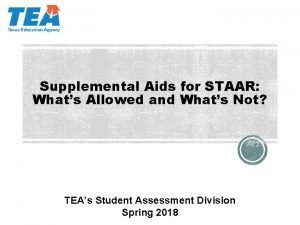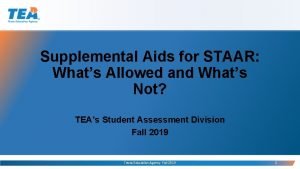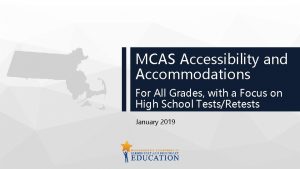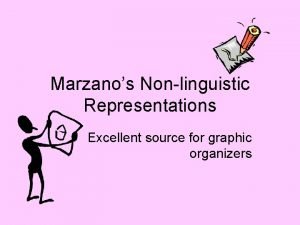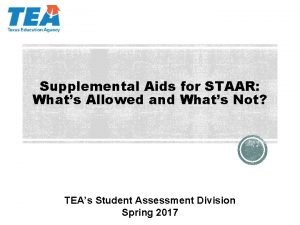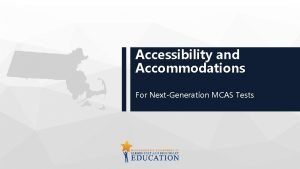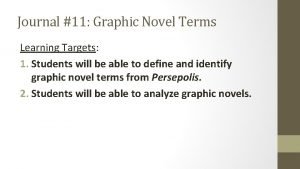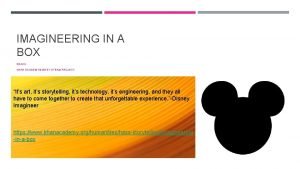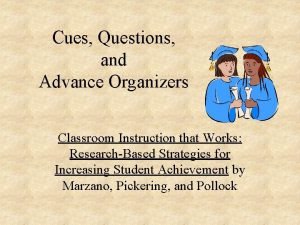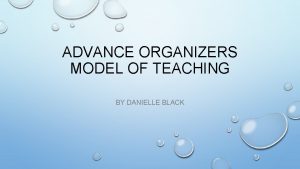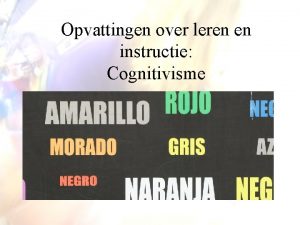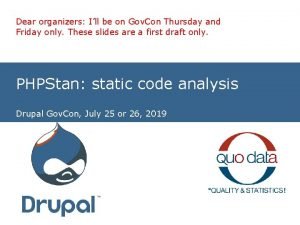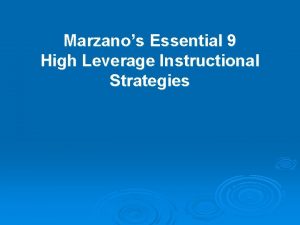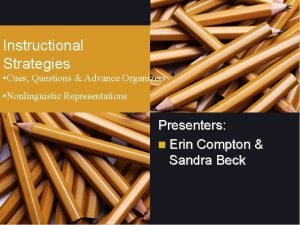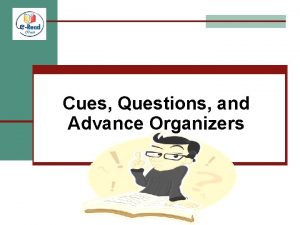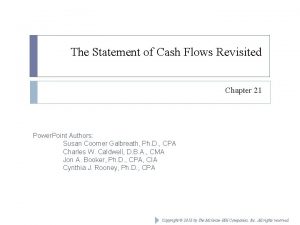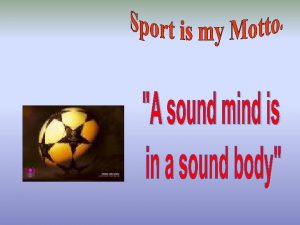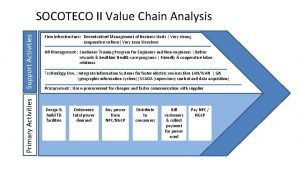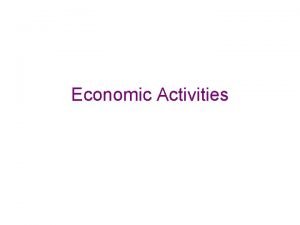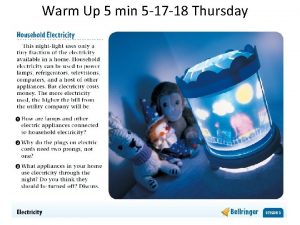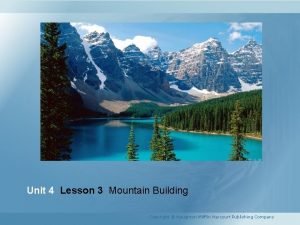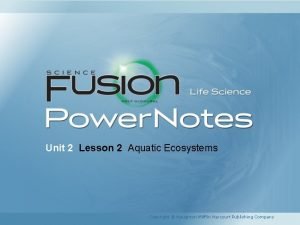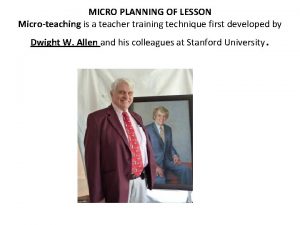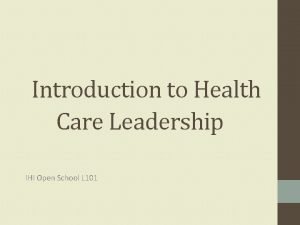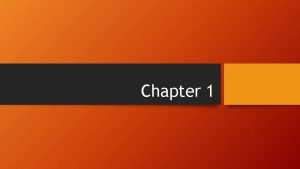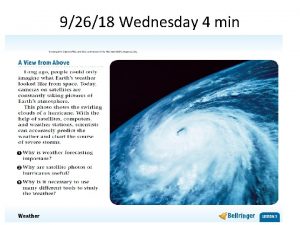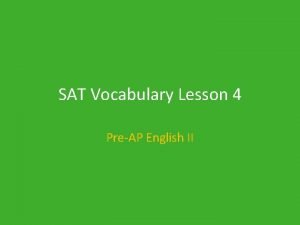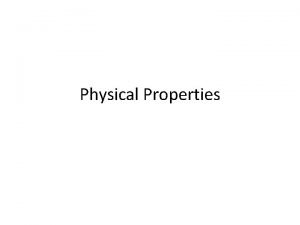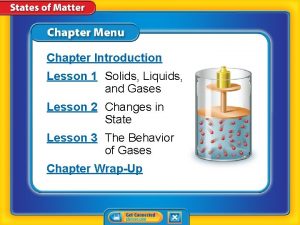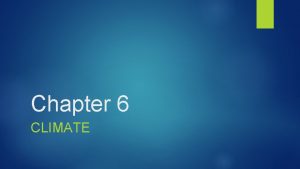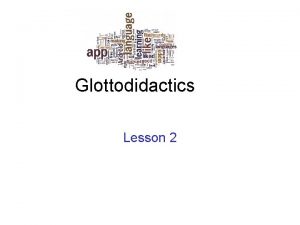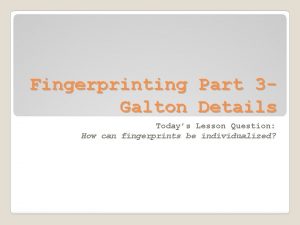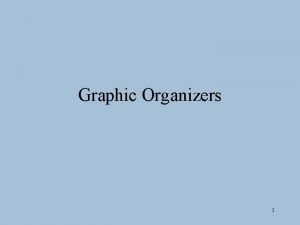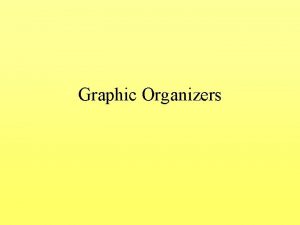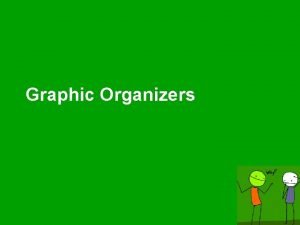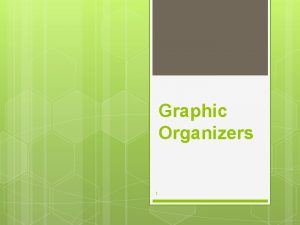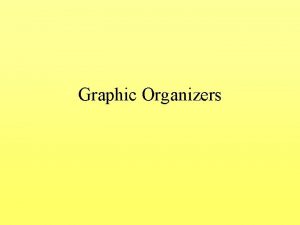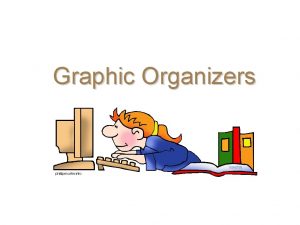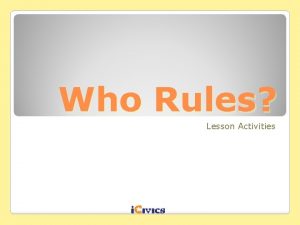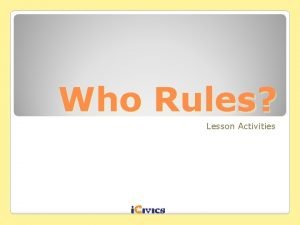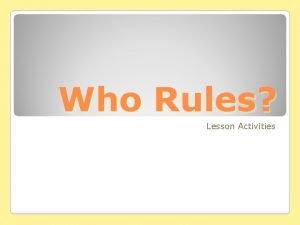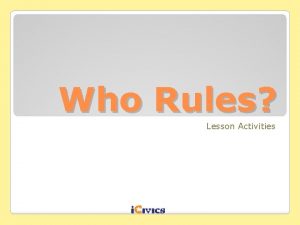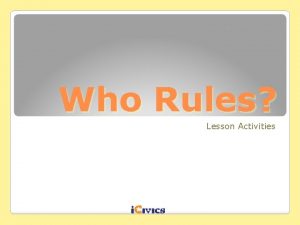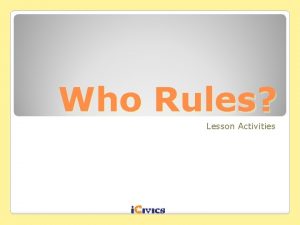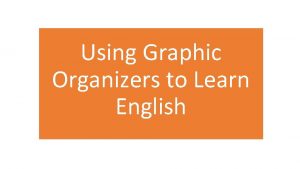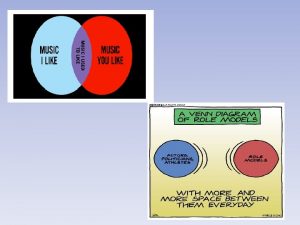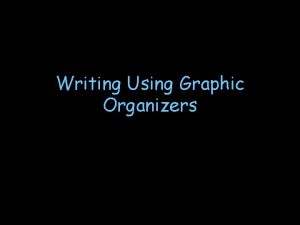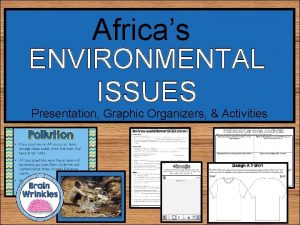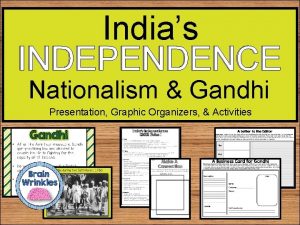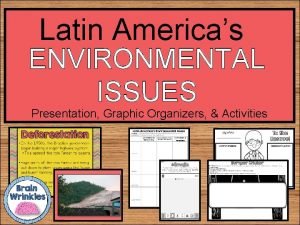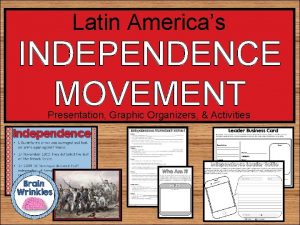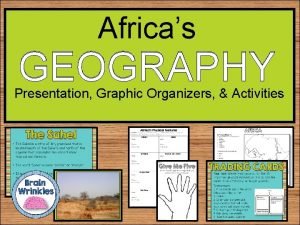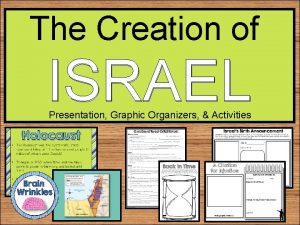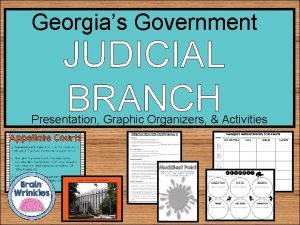Who Rules Lesson Activities GRAPHIC ORGANIZERS Who Rules





































- Slides: 37

Who Rules? Lesson Activities

GRAPHIC ORGANIZERS Who Rules?

Think About It! What kinds of governments exist? What kinds of leaders can be in charge of a country? Think about everything you’ve ever heard of or learned and add it to this mind map. Types of Governments & Leaders

Types of Government • Autocracy- rule by 1 person • Oligarchy- rule by few people • Democracy- rule by many persons

Autocracy vs. Monarchy • Dynastic Kings/Emperors used Army for personal rule • Czar of Russia 1918 • King is limited in some way by tradition or law • Consults w/council of nobles or noble judges, etc. • Absolute monarchy. King Louis XIV (France) unlimited power Modern Constitution or limited monarchs (England Sweden, Japan) Dictators- by military coup or seizure of power- suppress opposition Totalitarian [fascism]- control of every facet of society (Hitler/Stalin)

Oligarchy • Small group rules- Roman Republic– few families dominated w/power from wealth, social position, military power • China communist leaders called Oligarchy – Suppress opposition like a dictator • Voting: Hold election with 1 person on the ballot • Legislature: approve policies not make them

Democracy • Ruled by people {direct or Representative} – Direct- everyone votes – Representative- electoral college • Rights given to “citizens” • Council, legislature, Congress/Parliament • Republic- elected official- small % people empowered to vote IN USA we have a Democratic Republic. Not every democracy is a Republic. • Great Britain is a democracy (ppl rule), but not a republic (Queen Elizabeth Constitutional Monarch-not elected).

Characteristics of Democracy • N Korea- Democratic Republic of Korea- Oligarchy because- Communist state one-man dictatorship 1) liberty- free to develop your talents 2) Majority rule w/ Minority rights govt. run based on will of majority - Representative democracy- voted by people-congresslaws accepted by the people 3) Free elections- choose leader, voice opinion, politicians listen to the people 4) Competing political parties- group of individuals with broad common interest who organize to nominate candidates for office, win elections, conduct govt. , determine public policy -Political parties give voters a choice and debate publically

Essential elements for Democracy • Democracy occurred post industrial revolution because there was: standard of living- education- demand for vote 1) Civic participation - willing/inform themselves, participate in political campaigns, vote, jury, 2) Favorable economy wealth distribution {large middle class} + free enterprise- freedom of private business to operate w/minimal government regulations. (depression-dictatorship; promise jobs) 3) Education widespread; increased standard of living 4) Civil society private nongovernmental society religion, charitable, political groups (Am. Red Cross, Humane Society) 5) Social consensus accept values of liberty & equality for all

Theocracy can apply to any of these! àWhere would you put theocracy on this chart?

MINI-QUIZ Do You Know Your Forms of Government?

A or B? 1. One person is in charge. A Autocracy B Democracy

A or B? 2. Citizens often have no rights. A Democracy B Dictatorship

A or B? 3. Can exist with other forms of government. A Dictatorship B Theocracy

A or B? 4. Led by a king or queen. A Monarchy B Oligarchy

A or B? 5. Nobody is in charge. A Monarchy B Anarchy

A or B? 6. Those in charge are military members who took over by force. A Junta B Democracy

A or B? 7. Leader often shares power with other parts of government. A Monarchy B Dictatorship

A or B? 8. Democracy where citizens elect others to serve in government. A Direct B Representative

A or B? 9. Citizens vote to elect their leaders. A Democracy B Autocracy

A or B? 10. A small group rules the country. A Oligarchy B Democracy

A or B? 11. People do not answer to any leader or government. A Oligarchy B Anarchy

A or B? 12. God and religious law are the government authority. A Oligarchy B Anarchy

A or B? 13. The group with power can be based on race or social class. A Monarchy B Oligarchy

A or B? 14. Democracy where citizens participate in lawmaking themselves. A Direct B Representative

ACTIVITY A Identify That Government!

SWITZERLAND Citizens elect representatives to sit in two different lawmaking assemblies. But citizens also vote several times a year to decide on laws. Citizens can vote to propose their own laws or undo laws passed by their representatives. All citizens may vote directly on these laws. Forms of Government: representative democracy _________________ and direct democracy _________________

SOUTH AFRICA From 1948 -1994, official policy in South Africa gave white people all the political power. Even though the majority of South Africans were black, non-whites could not influence government. White South Africans elected representatives to sit in a lawmaking body. Forms of Government: oligarchy _________________ and representative democracy _________________

NORTH KOREA One man leads North Korea and controls its government. He also controls its ruling political party. The ruling party chooses candidates for an Assembly, and citizens vote. The candidates do not have opponents, so citizens have no choices. Form of Government: dictatorship _________________

SAUDI ARABIA Saudi Arabia is led by a king. The king appoints a Council of Ministers to help govern, but there are no elections. Saudi Arabia’s Basic Law states that the country’s constitution is the Islamic holy book the Qur’an and other religious traditions. Forms of Government: monarchy _________________ and theocracy _________________

DENMARK The people of Denmark elect representatives to sit in Parliament, a lawmaking body. The Queen of Denmark heads the country, but she only has a small role in government. The government is led by a Prime Minister, who is appointed from among the elected representatives. Forms of Government: monarchy _________________ and representative democracy _________________

STOP

BRAZIL Brazil is led by a president who is elected by the citizens. Citizens in Brazil elect a new president every four years. Citizens also elect representatives to serve in two different legislative bodies. Form of Government: representative democracy _________________

ACTIVITY B True or False?

True or False? 1. A monarchy can be like a dictatorship or it can be part of a democracy. 2. A dictatorship can also be a democracy. True False Example or Reason: True m False Example or Reason: m m m 3. A democracy can have both True representative and direct characteristics False m at the same time. 4. An oligarchy can include representative democracy. 5. A government can be both a monarchy and an anarchy at the same time. m True False m m True m False m True 6. Theocracy can co-exist with monarchy. False m m Denmark / Saudi Arabia Citizens get no say in a dictatorship Example or Reason: Switzerland Example or Reason: In South Africa, some got to vote Example or Reason: Monarchy and anarchy are opposites! Example or Reason: Saudi Arabia True False Example or Reason: True 8. An oligarchy can be like a dictatorship. False Example or Reason: 7. Theocracy can co-exist with democracy. m m In Iran, citizens vote Under a junta, citizens often have few rights

ACTIVITY C Vocabulary Crossword

Vocabulary Crossword R E P R E S E N T D O L E J U M I G O M C A O R R N A U T O C R A C C H R Y Y C H Y T D H A T I V E C O A T C R N T A A A T C R O C R Y H S Y H D I R E C T P Across 3. Type of democracy where citizens elect leaders to represent them in government 7. A small group that rules a country after taking it over by force 9. One person has all the power 10. Type of democracy where citizens are involved in day-today government Down 1. Recognizes God as the ultimate authority in government and law 2. One leader has absolute control over citizens’ lives 4. Citizens hold the political power 5. A small group of people has all the power 6. People are not subject to any nation or government 8. A king or queen rules the country
 Science staar supplemental aids
Science staar supplemental aids Blank graphic organizers for staar
Blank graphic organizers for staar Tea blank graphic organizers
Tea blank graphic organizers Hierarchical graphic organizer example
Hierarchical graphic organizer example Mcas el accommodations
Mcas el accommodations Episode graphic organizer
Episode graphic organizer Pictorial models of geometric figures
Pictorial models of geometric figures Marzanos strategies
Marzanos strategies Mcas graphic organizer
Mcas graphic organizer Graphic weight graphic novel definition
Graphic weight graphic novel definition Ghost graphic story graphic and wayfinding
Ghost graphic story graphic and wayfinding Cues
Cues What is advance organizer
What is advance organizer Expository advance organizers examples
Expository advance organizers examples Dear organizers
Dear organizers Register and signaling vocabulary
Register and signaling vocabulary Marzanos 9
Marzanos 9 Cues questions and advance organizers
Cues questions and advance organizers Skimming advance graphic organizer
Skimming advance graphic organizer The statement of cash flows helps users
The statement of cash flows helps users How do you find these activities
How do you find these activities Support activities and primary activities
Support activities and primary activities Tertiary activities definition
Tertiary activities definition Lesson outline lesson 3 describing circuits answers
Lesson outline lesson 3 describing circuits answers Mountain building
Mountain building Lesson outline lesson 2 aquatic ecosystems answer key
Lesson outline lesson 2 aquatic ecosystems answer key Planning in micro teaching
Planning in micro teaching Post-lesson assessment: l 101 lesson 1
Post-lesson assessment: l 101 lesson 1 A gift of chappals learning outcomes
A gift of chappals learning outcomes Chapter 1 lesson 1 your total health lesson 1 quiz
Chapter 1 lesson 1 your total health lesson 1 quiz Weather forecasts lesson 3 outline answers
Weather forecasts lesson 3 outline answers Sat vocabulary lesson 4
Sat vocabulary lesson 4 Lesson 3 physical changes answer key
Lesson 3 physical changes answer key Lesson 1 thermal energy and the behavior of matter
Lesson 1 thermal energy and the behavior of matter Lesson 1 climates of earth
Lesson 1 climates of earth Lesson outline lesson 2
Lesson outline lesson 2 Measurement and scientific tools lesson 2 answer key
Measurement and scientific tools lesson 2 answer key Today lesson or today's lesson
Today lesson or today's lesson
